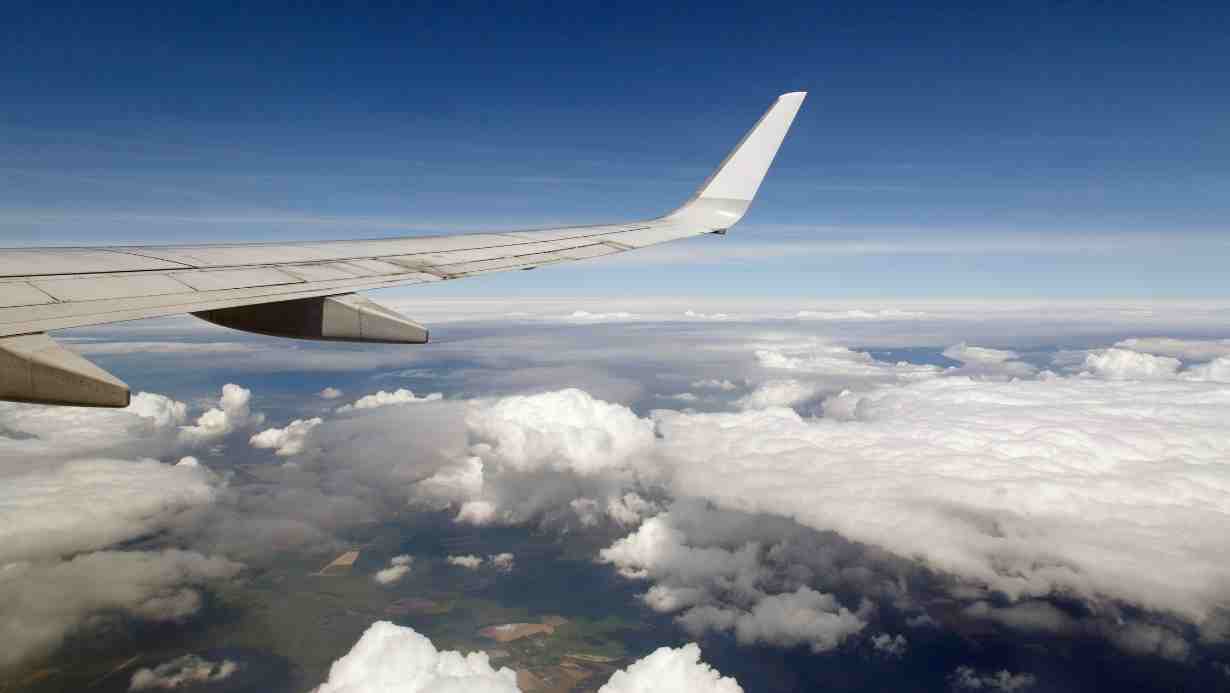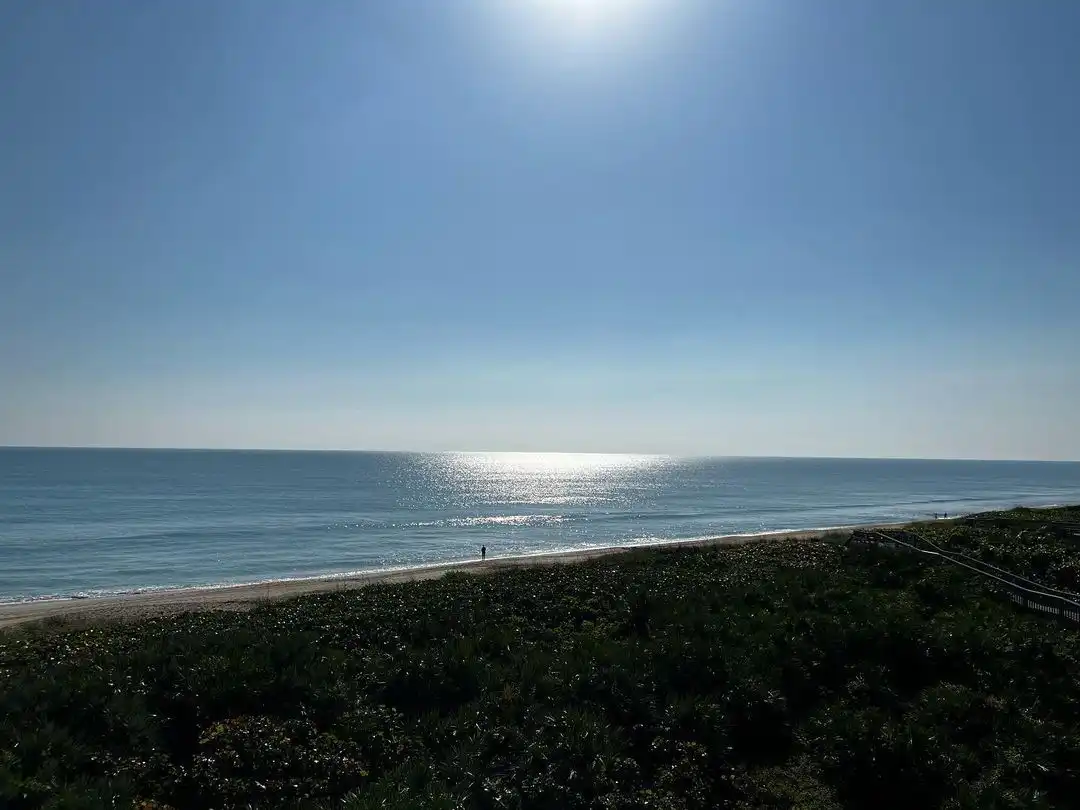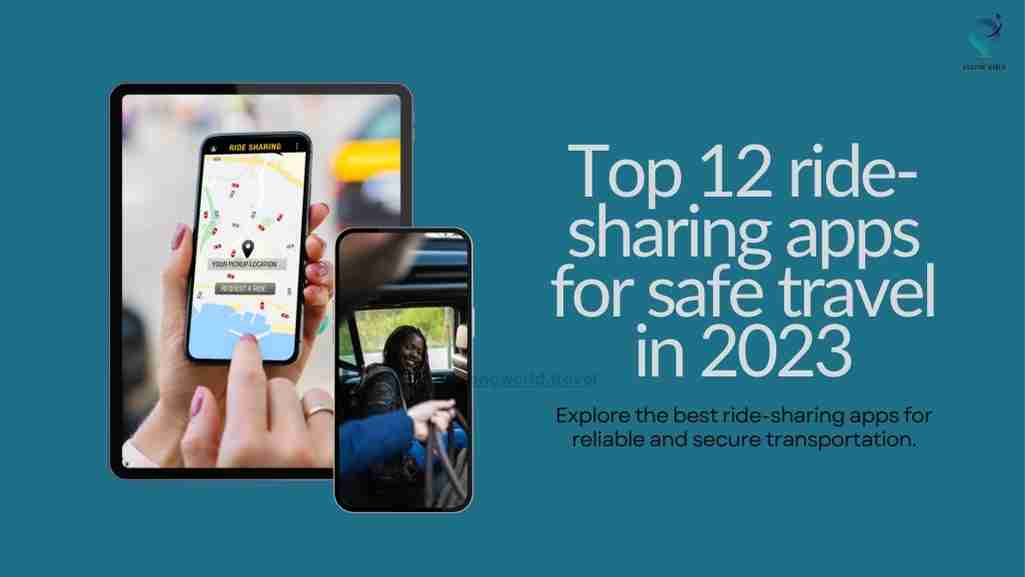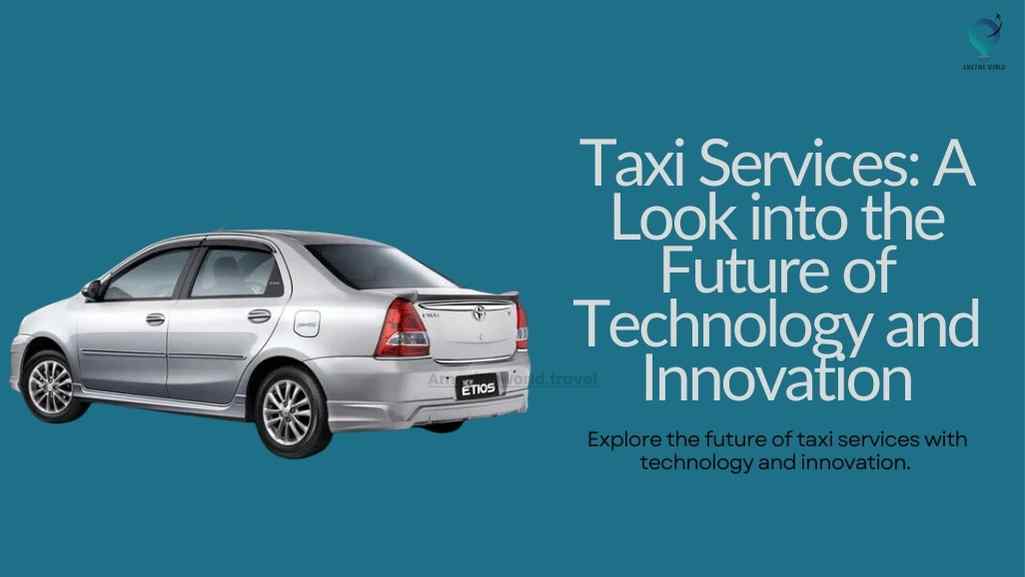20 Money-Saving Tips for Traveling in New Zealand
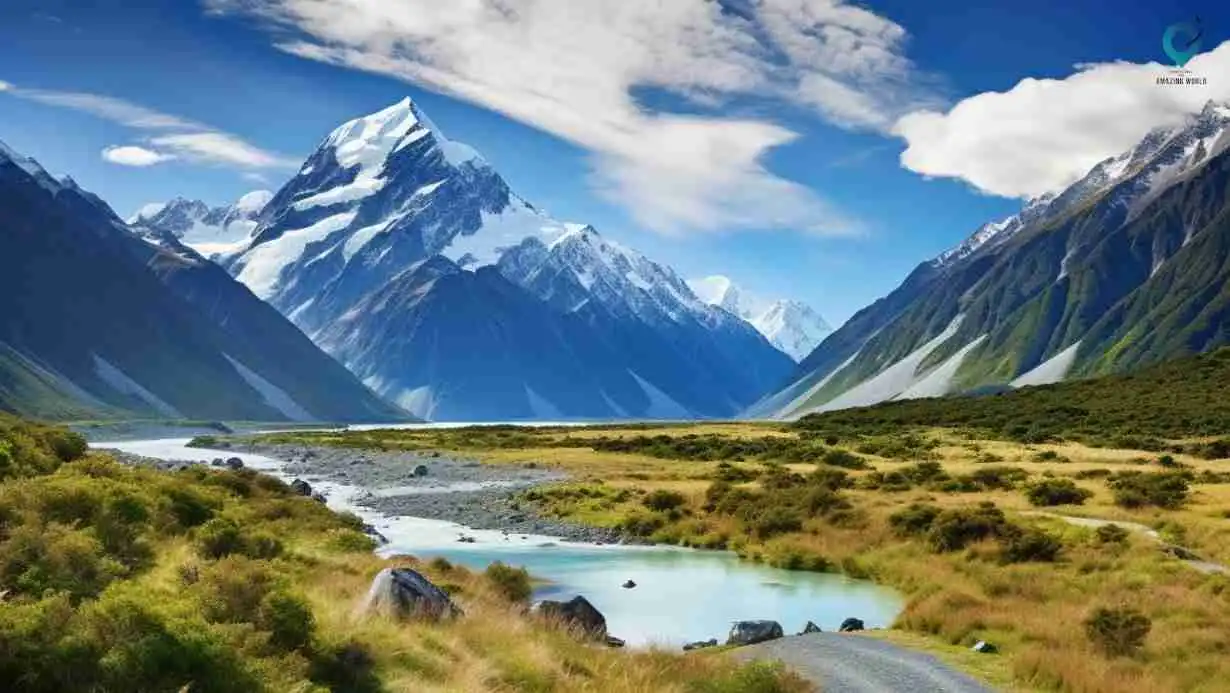
Are you dreaming of exploring the mesmerizing beauty of New Zealand but worried about your travel budget? In this guide, we will unveil 20+ expert tips and tricks for saving money on your New Zealand adventure, all while relishing the stunning landscapes, cultural experiences, and outdoor adventures that this enchanting country has to offer.
New Zealand, with its captivating landscapes, from snow-capped mountains to pristine beaches, and its vibrant Maori culture, is a dream destination for travelers. However, it’s no secret that traveling to this land of breathtaking beauty can sometimes strain your finances. But fret not; we’ve got you covered with a treasure trove of insights and strategies that will ensure you make the most of your budget.
In this comprehensive guide, we’ll take you through the essential steps to budget your trip, right from the initial planning to exploring New Zealand’s less touristy gems. Discover how to find affordable airfare, explore budget-friendly accommodation options, savor local cuisine without overspending, and engage in thrilling outdoor adventures. Additionally, we’ll emphasize the importance of travel insurance, ensuring your peace of mind throughout your journey.
For those who prefer DIY travel, we’ll discuss self-guided exploration, tips for safe hitchhiking, and ways to avoid costly guided tours. So, whether you’re a solo backpacker, a couple on a romantic getaway, or a family seeking memorable experiences, our guide will ensure you can relish all that New Zealand has to offer without straining your budget.
1. Budget for Your Trip

When preparing for your New Zealand adventure, it’s essential to start with a well-defined budget. This initial step helps you understand your financial boundaries, ensuring you can enjoy your journey without worrying about overspending.
- Creating a Budget: Begin by evaluating your overall financial situation. Look at your savings, income, and any specific funds you’ve set aside for travel. Based on this information, set a realistic budget that encompasses all your expected expenses during the trip.
- Expense Categories: Break down your budget into various categories, including airfare, accommodation, food, activities, transportation, and emergency funds. This categorization will help you keep track of your spending in a structured way.
- Prioritize Spending: Determine your priorities. Are you more interested in splurging on activities, or do you prefer saving on accommodations? Having these priorities in mind will guide your budgeting decisions.
2. Plan Ahead
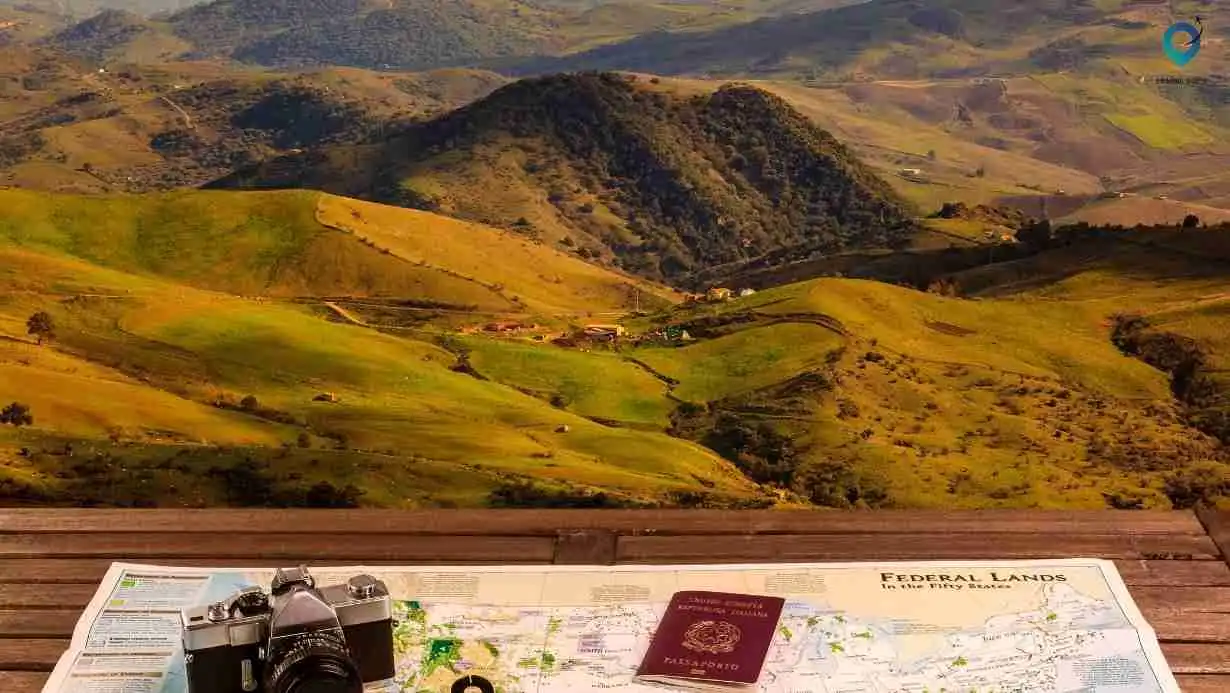
Planning is the cornerstone of making the most of your budget while exploring New Zealand. Effective preparation ensures you’re ready to seize opportunities and minimize unexpected expenses.
- Detailed Itinerary: Create a comprehensive itinerary that outlines your entire trip. Include details such as the destinations you want to visit, the duration of your stay in each place, and the activities you plan to undertake. Having this structure helps you maximize your budget as you’ll know exactly where you intend to go and what you want to do.
- Early Booking: Planning ahead allows you to take advantage of early booking discounts, special deals, and seasonal promotions. Many accommodations and activities offer reduced rates for travelers who secure their bookings well in advance.
- Research: Research is a vital aspect of planning. It helps you uncover hidden gems, budget-friendly options, and discounts that you might otherwise miss. Travel forums, blogs, and guidebooks are valuable sources of information.
3. Upfront Costs
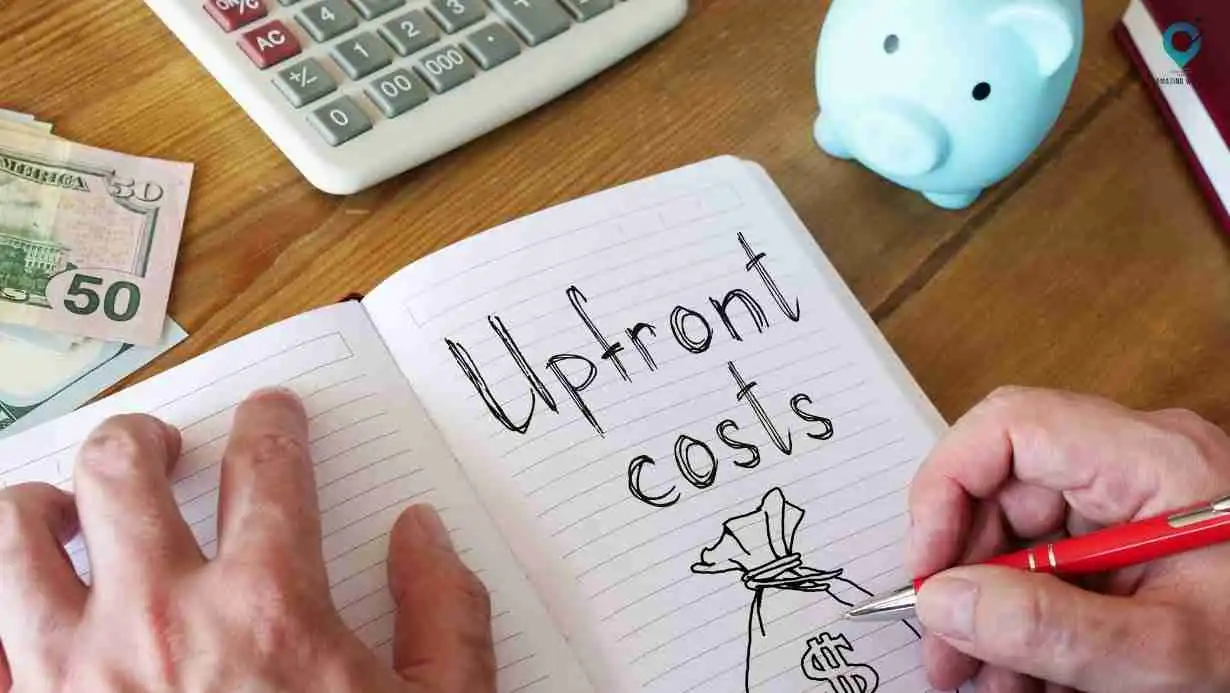
Before your New Zealand adventure begins, you’ll face upfront costs, which are the initial expenses necessary to kickstart your journey. These costs often include airfare, visas, and travel insurance.
- Airfare: The cost of flights to New Zealand can be a significant part of your budget. Finding affordable airfare is essential. Strategies for reducing this expense include:
- Booking well in advance when airlines offer lower fares.
- Using fare comparison websites to discover the best deals.
- Keeping an eye out for special promotions and last-minute offers.
- Visas: Depending on your nationality, you may need to obtain a visa to enter New Zealand. Research visa requirements and fees, and apply well ahead of your departure date to avoid rush fees.
- Travel Insurance: Travel insurance is a crucial upfront cost that safeguards your financial stability during your journey. It covers unexpected events like medical emergencies, trip cancellations, and lost luggage. Purchasing travel insurance is essential to prevent unforeseen expenses from derailing your budget.
4. Discounted Airfare
Finding affordable airfare is a priority for budget-conscious travelers. Here are tips to help you secure discounted airfare for your journey to New Zealand:
- Book in Advance: Airlines often offer lower fares for those who book their flights well in advance. It’s advisable to start looking for tickets several months before your planned departure date.
- Fare Comparison Websites: Utilize fare comparison websites to compare prices from different airlines and travel agencies. These platforms can help you find the most budget-friendly options available.
- Special Promotions: Keep an eye out for special promotions and sales offered by airlines. Sign up for newsletters, follow airlines on social media, and monitor deal websites to be informed of discounted fares.
- Flexible Dates: If possible, be flexible with your travel dates. Flying on weekdays or during the shoulder season can often lead to lower fares.
5. Alternative Airports:
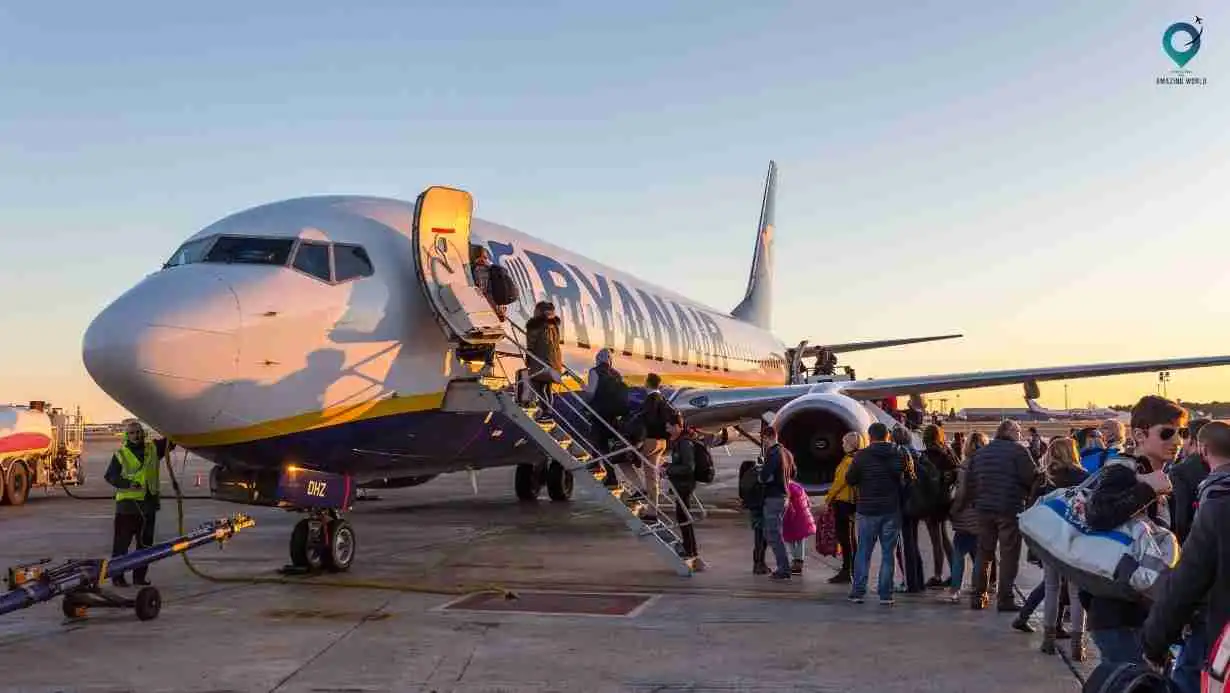
Considering alternative airports is a strategy that can lead to significant savings on airfare. While New Zealand has several major airports, exploring flights to smaller, nearby airports can be cost-effective. Here’s why:
- Lower Demand: Smaller airports typically have fewer flights and lower passenger demand, which can result in cheaper ticket prices.
- Budget Airlines: Some alternative airports are serviced by budget airlines, known for offering competitive prices. Be sure to check if these airports are within reasonable proximity to your final destination.
5. Accommodation Options:
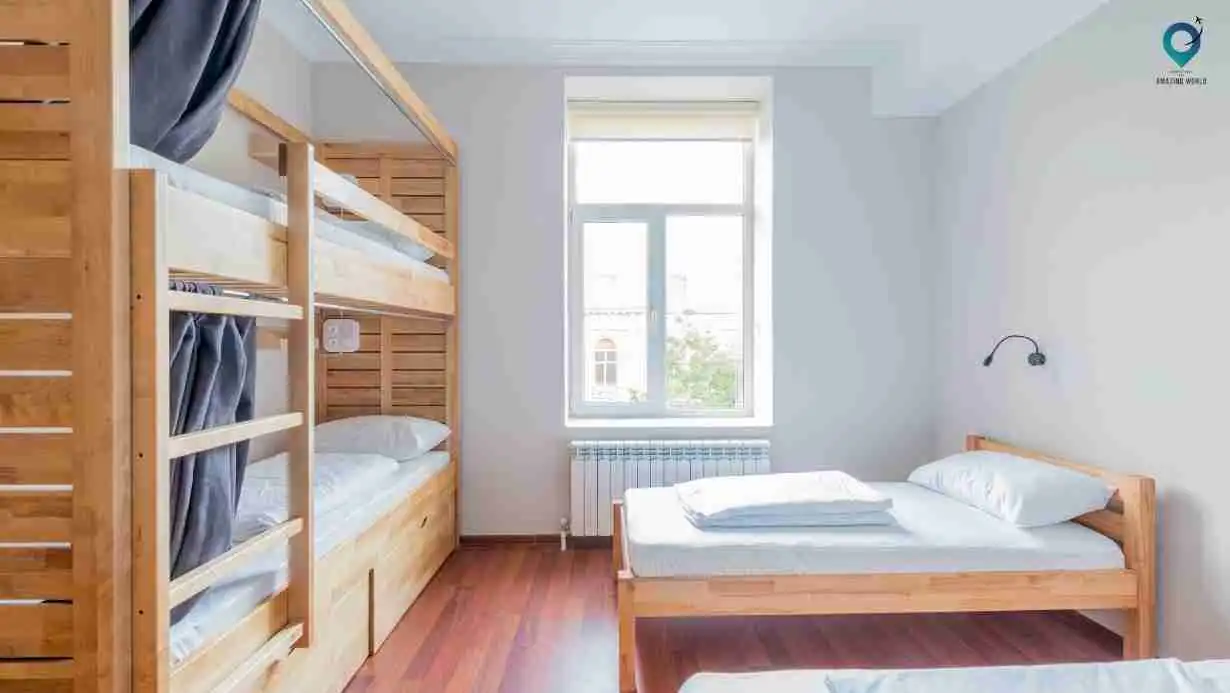
Choosing the right type of accommodation is a key factor in managing your budget during your New Zealand trip. Consider these options:
- Hostels: Hostels are excellent for budget-conscious travelers, particularly solo adventurers. They offer shared dormitory rooms, providing affordable lodging and opportunities to meet fellow travelers.
- Motels: Motels are mid-range accommodations, often equipped with kitchenettes. This allows you to prepare your meals, saving money on dining out.
- Holiday Parks: Holiday parks offer a range of accommodations, including cabins, campsites, and facilities for campervans or RVs. If you’re traveling with a group, this can be a cost-effective choice.
7. Early Booking
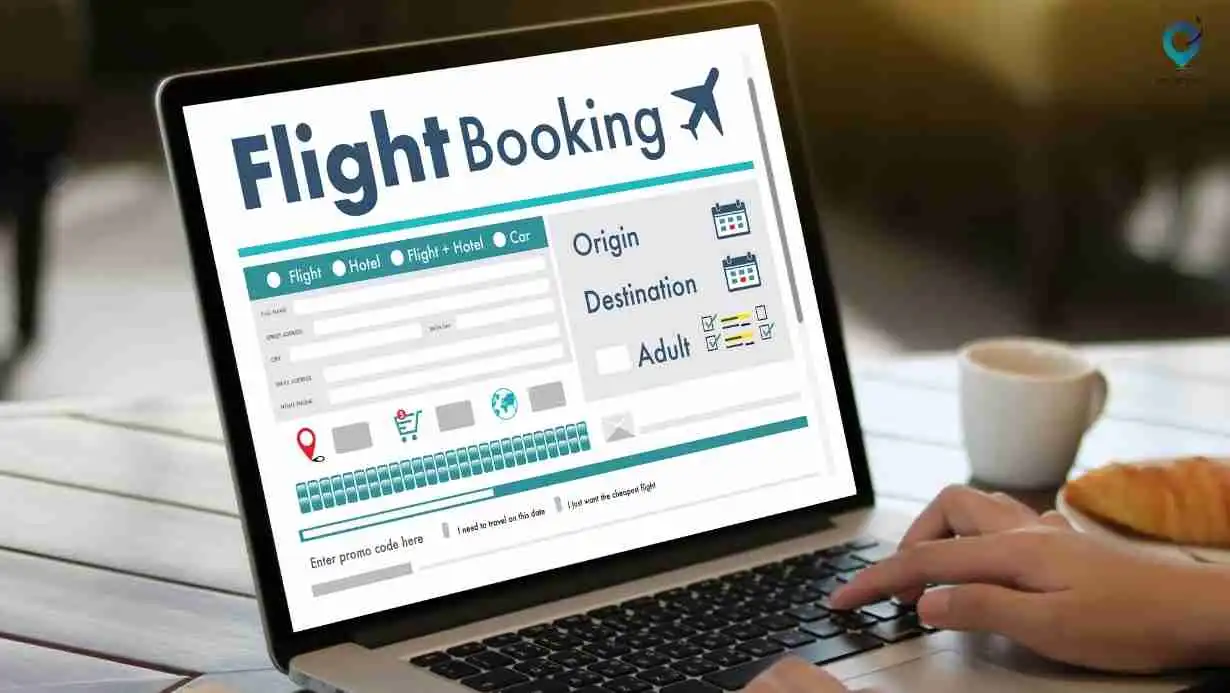
Booking your accommodation well in advance can lead to substantial savings. Here’s why early booking is a valuable strategy:
- Discounts and Special Rates: Many accommodations offer discounts or special rates for travelers who plan ahead and secure their bookings. This is especially true during off-peak seasons.
- Availability: Ensuring you have a place to stay is a priority, particularly during busy tourist seasons. Early booking guarantees you can secure your preferred accommodations and dates.
- Flexible Cancellation Policies: Some accommodations offer flexible cancellation policies for early bookers. This provides peace of mind in case your travel plans change.
8. Transportation Choices:
When exploring New Zealand, your choice of transportation can significantly affect your budget. Here’s an overview of the main options available to travelers:
- Buses: Buses are a popular and cost-effective means of getting around the country. Several companies offer extensive bus routes that cover New Zealand from top to bottom. It’s an excellent choice for those on a budget or looking for a convenient way to see the sights.
- Trains: Traveling by train in New Zealand offers a scenic and leisurely experience. While it may not always be the most budget-friendly option, it’s worth considering for the breathtaking views and relaxing journeys.
- Car Rentals: Renting a car provides flexibility and convenience, but it can be more expensive. This option is especially worthwhile if you’re traveling with a group and can share the rental costs. Keep in mind that fuel, parking, and insurance expenses should be factored into your budget.
9. Transportation Passes
To save money on transportation within New Zealand, consider using travel passes or taking advantage of car relocations:
- Travel Passes: New Zealand offers various travel passes, such as the New Zealand Explorer Pass, which provides flexibility and cost savings. These passes can be particularly advantageous if you plan to explore the country extensively or use public transportation frequently.
- Car Relocations: Car relocations involve driving rental cars from one location to another, and they can be done for free or at a reduced cost. This option is suitable for budget travelers who are flexible with their schedules and routes.
10. Self-Catering
Buying and preparing your own meals can significantly reduce your food expenses while traveling in New Zealand. Here’s how to make the most of self-catering:
- Accommodation with Kitchen Facilities: Look for accommodations with kitchen facilities, such as motels, hostels, and holiday parks. These allow you to cook your meals, saving on dining costs.
- Local Grocery Stores: Shop at local grocery stores to buy affordable ingredients for your meals. Consider purchasing in bulk and selecting in-season produce for additional savings.
11. Budget-Friendly Dining:

While self-catering is a cost-effective dining option, you may still want to enjoy some meals out. Here are tips for finding budget-friendly dining options in New Zealand:
- Local Cafes and Eateries: Seek out local cafes and eateries that offer affordable menus. These places often provide a taste of authentic New Zealand cuisine without breaking the bank.
- Food Trucks and Market Stalls: Explore food trucks and market stalls, which can offer delicious meals at lower prices compared to traditional restaurants. This is an excellent way to savor local flavors without overspending.
12. BYOB Restaurants:
Dining at BYOB (Bring Your Own Bottle) restaurants is a savvy way to enjoy a meal without inflating your dining expenses:
- Cost Savings: BYOB restaurants allow you to bring your wine or beer, eliminating the need to purchase expensive drinks from the restaurant’s menu. This significantly reduces your dining costs.
- Personalized Experience: You can select your favorite beverages to complement your meal, creating a more personalized dining experience.
- Local Favorites: Many BYOB restaurants in New Zealand are beloved by locals, offering a taste of authentic cuisine and a chance to mingle with residents.
13. Free Activities:
New Zealand is renowned for its natural beauty and offers numerous low-cost or free activities and attractions:
- Hiking and Trekking: New Zealand boasts a wealth of hiking trails with breathtaking landscapes. Whether you prefer easy walks or challenging multi-day hikes, there are options for all levels of hikers.
- Parks and Beaches: Spend time in New Zealand’s stunning parks and enjoy its pristine beaches. These areas offer opportunities for relaxation, picnics, and exploration without any cost.
- Scenic Viewpoints: Take advantage of the many scenic viewpoints and lookouts throughout the country. They provide incredible photo opportunities and are entirely free to visit.
14. Outdoor Adventures:
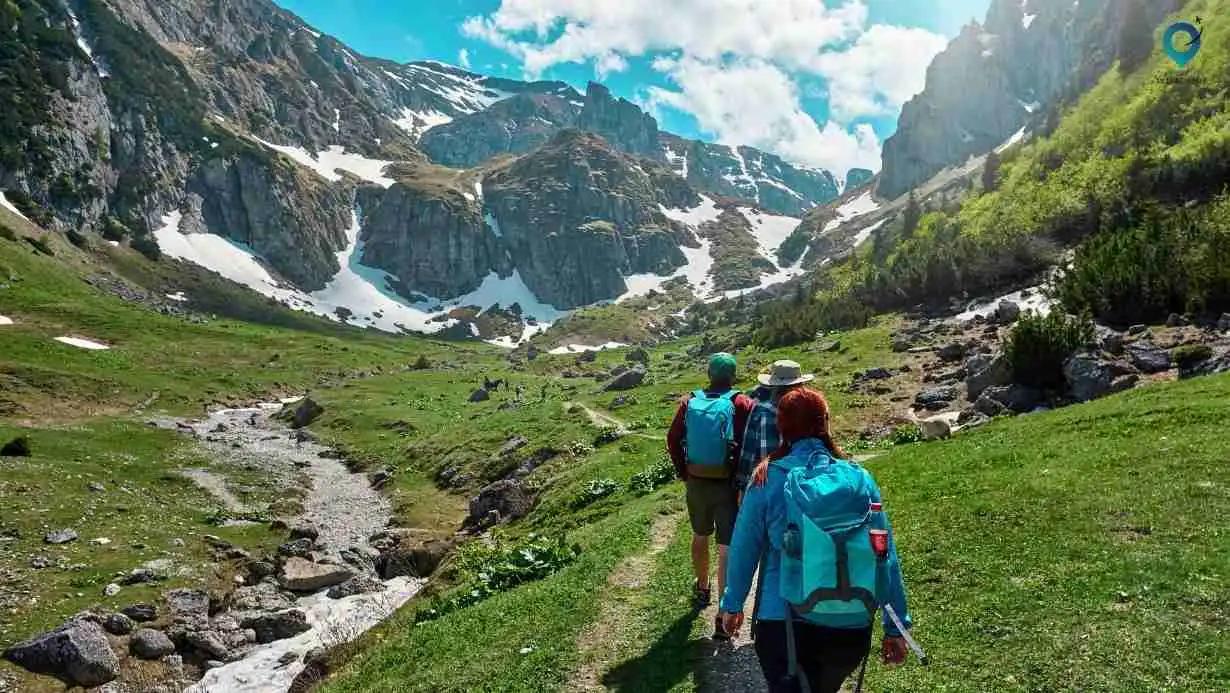
New Zealand’s natural landscapes provide the perfect backdrop for a wide range of outdoor adventures. Here’s why outdoor activities can be both budget-friendly and rewarding:
- Hiking and Trekking: Whether you’re into easy walks or challenging multi-day hikes, New Zealand offers options for all levels of hikers. Many trails provide access to stunning vistas and natural wonders.
- Parks and Conservation Areas: Explore the numerous parks and conservation areas, such as Abel Tasman National Park or Fiordland National Park. These locations allow you to enjoy the outdoors without incurring high costs.
- Wildlife Watching: Observe the diverse wildlife of New Zealand, from penguins and dolphins to seals and various bird species. You can experience these encounters as part of wildlife tours or simply by keeping an eye out in their natural habitats.
15. Discount Cards:
When visiting New Zealand, using discount cards designed for tourists can result in significant cost savings. Here’s how these cards can benefit travelers:
- Admission Discounts: Discount cards often offer reduced admission fees to popular attractions and activities. This can lead to substantial savings, especially if you plan to visit multiple sites.
- Transportation Discounts: Some discount cards include transportation discounts for buses, trains, and ferries. These can make getting around more affordable.
- Added Value: In addition to cost savings, discount cards may provide added value through additional benefits like priority access or exclusive tours.
16. Avoiding Guided Tours:
Avoiding costly guided tours is a way to save money while exploring New Zealand. Here’s how you can do it:
- Self-Guided Exploration: Plan your itinerary and research destinations and activities, allowing you to explore independently. This approach allows you to create a personalized journey that suits your interests and budget.
- Use Travel Guides: Utilize travel guides, brochures, and websites to gather information and recommendations for your self-guided adventures. These resources provide valuable insights into the best places to visit and things to do.
- Join Group Activities: Many activities, such as hikes and wildlife tours, can be experienced as part of a group without the need for a guide. Group tours can be more cost-effective than private guided experiences.
17. Exploring Less Touristy Areas
Encouraging travelers to explore less touristy regions in New Zealand can be a rewarding and cost-effective approach:
- Less Crowded: Less touristy areas tend to have fewer visitors, creating a more peaceful and authentic experience. You’ll encounter smaller crowds and have more opportunities to interact with locals.
- Affordable Accommodations: Accommodations in less touristy regions are often more affordable than in popular tourist hotspots. You can find budget-friendly options that provide comfortable stays.
- Local Experiences: Venturing into these regions offers a chance to immerse yourself in local culture and customs. You’ll discover hidden gems and experience the true essence of New Zealand.
18. Safe Hitchhiking:

Hitchhiking can be a budget-friendly way to get around New Zealand. Here’s how to do it safely:
- Travel in Pairs or Groups: For added safety, it’s best to hitchhike in pairs or groups. There’s strength in numbers, and it’s more reassuring for both hitchhikers and drivers.
- Stay Informed: Carry a map, a charged mobile phone, and let someone know your plans. Having essential communication tools and sharing your whereabouts with a trusted contact ensures your safety.
- Choose Well-Lit Locations: When hitchhiking, pick well-lit, visible locations where drivers can see you. It’s safer for everyone involved.
19. Stay in Hostels:
Hostels are a great accommodation option for budget-conscious travelers, offering a range of benefits:
- Cost-Effective: Hostels provide affordable lodging options, especially for solo travelers and backpackers. Dormitory-style rooms allow you to share accommodations and reduce expenses.
- Communal Areas: Many hostels have communal areas, kitchens, and lounges, fostering a sociable atmosphere and opportunities to meet fellow travelers.
- Kitchen Facilities: Hostels often have kitchen facilities, allowing you to prepare your meals and save money on dining out. This self-catering option can significantly impact your budget.
20. Travel Insurance
Stressing the importance of travel insurance is essential to protect your finances during your New Zealand journey:
- Medical Emergencies: Travel insurance covers medical expenses in case of illness or injury during your trip. It ensures you can receive proper care without incurring substantial costs.
- Trip Cancellation: It protects in case your trip is canceled or interrupted due to unforeseen circumstances like illness, family emergencies, or natural disasters.
- Luggage Protection: Travel insurance covers the loss, damage, or theft of your belongings, providing financial compensation and peace of mind.
How much did you like Our detailed New Zealand Travel Costs & Money Saving Tips? Review Also, please share these Blogs with your friends on social media.
Recommended

Meet David Hoper, a passionate travel Blog writer with 7+ years of experience in travel content. Through his exemplary storytelling and engaging narratives, he shares his experiences and brings destinations to life. With a keen eye for detail and a love for exploration, he has cultivated a diverse portfolio of travel blogs that inspire and inform readers worldwide.


